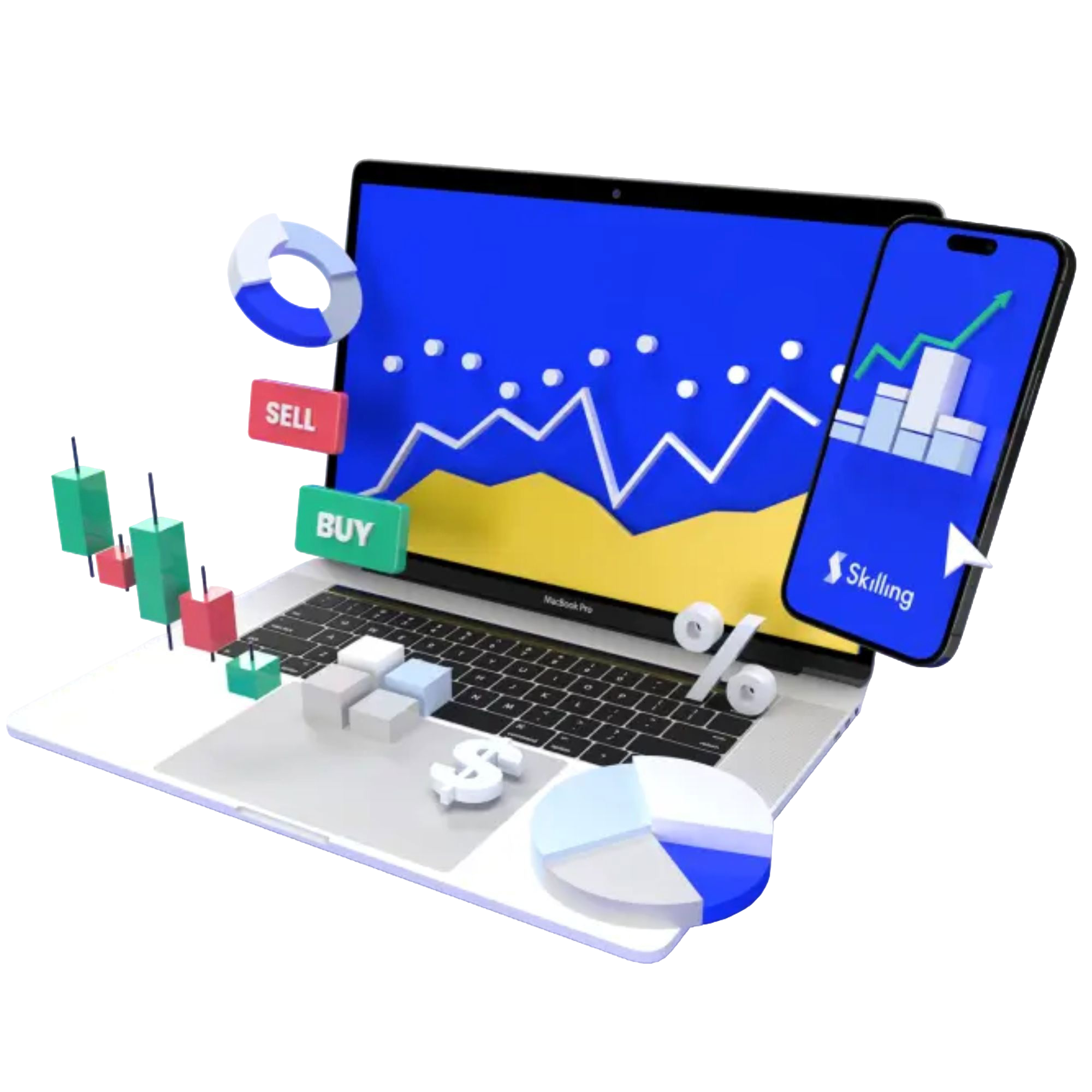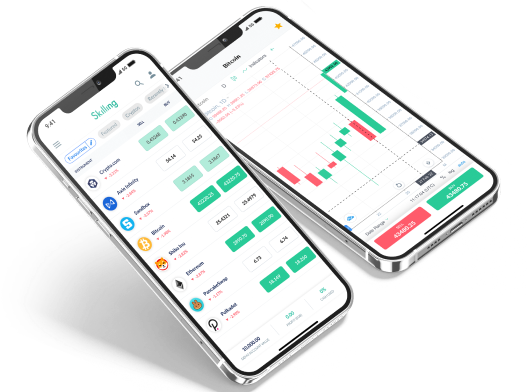

When navigating the stock market, one of the pivotal considerations for investors is identifying the optimal moments to buy or sell shares. A significant tool in this decision-making process is the target price, which serves as a forecast of future stock valuations. Understanding target prices is essential for anyone looking to enhance their investment strategies.
What is the target price?
A target price represents the anticipated price point that a trader or analyst expects a stock to achieve within a certain timeframe. This prediction is typically grounded in both fundamental and technical analyses, market trends, and the company’s financial performance. Analysts employ various methodologies to establish target prices, including the Price-to-Earnings (P/E) ratio, the Discounted Cash Flow (DCF) model, and Relative Valuation techniques.
The primary goal of determining a target price is to empower investors to make educated decisions about their investments, based on expected future market movements. Once the target price is set, investors can juxtapose it with the stock's current market price. If the target price surpasses the existing market price, it implies that the stock may be undervalued, presenting a potential buying opportunity. Conversely, if the target price is lower than the market price, it suggests that the stock may be overvalued, possibly signaling a selling opportunity.
It’s essential to recognize that target prices are not definitive outcomes but rather educated predictions informed by analysis and forecasting. Various market dynamics and unforeseen circumstances can influence these predictions. Hence, investors should account for multiple factors and conduct thorough research before basing their trading decisions solely on target prices.
Practice with a Demo Account
Try our demo account and experience real market conditions.
71% of retail CFD accounts lose money.

The importance of target prices for traders
Informed investment decisions
Target prices play a crucial role in guiding traders’ decisions. By comparing target prices to current market values, traders can discern whether a stock is undervalued or overvalued, aiding them in making choices to buy, sell, or hold their investments.
Potential for profit
Traders seek to capitalize on fluctuations in stock prices. A target price indicates the potential for future price movements, whether upward or downward. If a target price is set higher than the current market price, it suggests possible future gains. Traders can leverage this insight to set profit objectives and manage their risk-reward profiles effectively.
Risk management strategies
Target prices also serve as a valuable tool for risk management. If a target price indicates that a stock is overpriced, traders might contemplate selling or shorting it to minimize possible losses. Conversely, a target price suggesting an undervalued stock might entice traders to buy, anticipating future appreciation in its value.
Market analysis insights
The establishment of target prices relies on comprehensive evaluations of fundamental and technical indicators, market trends, and company performance. Traders can utilize this analytical framework to gather insights about the factors influencing a stock's future performance. This understanding enables them to grasp market sentiment and make more informed trading decisions.
Benchmarking against analysts
Analysts’ target prices provide benchmarks for traders. By contrasting their price targets or expectations with those set by analysts, traders can evaluate their strategies, identifying potential discrepancies or investment opportunities within the market.
Finding a reliable broker
Are you on the lookout for a dependable trading platform? Join thousands of global traders who have opted for Skilling, a celebrated CFD broker recognized with multiple awards in 2023. Experience access to over 1,200 financial markets, including cryptocurrencies, forex, stocks, indices, and more.
Begin by creating and verifying your account, then proceed with your initial deposit. Once that’s complete, you’re ready to dive into trading!
Alternatively, you might consider utilizing our complimentary Skilling demo account, which includes $10,000 in virtual funds. This allows you to practice trading without the risk of losing real money.
Experience Skilling's award-winning platform
Try out any of Skilling’s trading platforms on the device of your choice across web, android or iOS.
71% of retail CFD accounts lose money.

Frequently Asked Questions (FAQs)
1. How is the target price calculated?
The target price is calculated using a variety of methodologies, including fundamental analysis, technical analysis, market trends, and insights from company financial reports. Valuation models like the Price-to-Earnings ratio and the Discounted Cash Flow model are frequently utilized in this process.
2. Are target prices accurate indicators of future stock prices?
While target prices provide valuable insights, they do not guarantee specific outcomes. Market conditions can fluctuate, and unforeseen events may alter stock prices. Therefore, target prices should be viewed as educated estimates rather than certainties.
3. Are target prices applicable only for long-term investments?
Target prices can be utilized for both short-term and long-term investments. Short-term traders may establish closer timeframes for their target prices, whereas long-term investors may have extended expectations regarding target prices.
4. How do target prices assist investors?
Target prices offer investors an estimated price point, enabling them to evaluate whether a stock is undervalued or overvalued. This information helps in making more informed investment choices and effectively managing risk-reward ratios.
5. Who determines target prices?
Target prices are typically set by analysts working for brokerage firms, investment banks, or independent research organizations. These analysts conduct thorough research and analysis to determine target prices for individual stocks.
6. How frequently are target prices revised?
Target prices may be updated periodically, depending on the analyst or firm. Some analysts adjust their target prices regularly, while others may only do so in response to significant changes in market conditions or company fundamentals.











